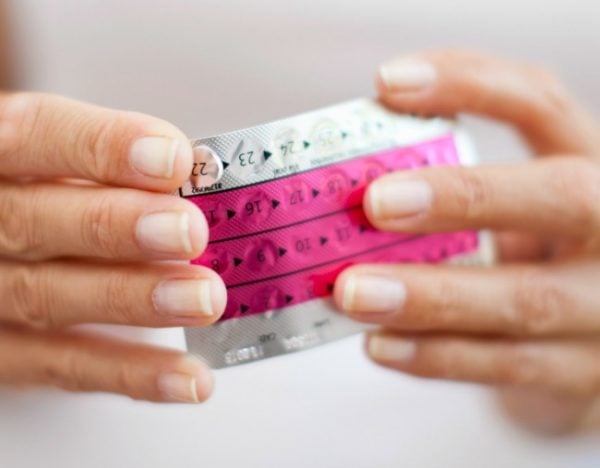The contraceptive pill Diane-35 is under review in Australia, primarily because of its link to blood clots.
With the same active ingredients as nine other brands including Dermapil, Estelle-35 ED, Juliet-35 ED, Brenda-35 ED, Chelsea-35 ED, Jene-35 ED, Carolyn-35 ED, Katie-35 ED and Laila-35 ED, the drug was temporarily pulled off shelves in France after being linked to four deaths, and has never been approved for use in the United States.
Existing guidelines clearly state that Diane-35 should not be prescribed as purely a contraceptive pill.
What many women do not know, is that the drug is specifically intended to treat severe acne and the excessive hair condition hirsutism, otherwise known as hyper-androgenisation.
“Use of Diane-35 as an oral contraceptive in women without signs and symptoms of hyper-androgenisation is not recommended,” a spokesperson for the The Therapeutic Good Administration told ABC Hack in a statement.
Yet, in practice, the drug is being prescribed to many women outside of the recommended guidelines, putting consumers unnecessarily at risk.
Here’s what you need to know.
What happened to Elanor Hill?
Elanor Hill, daughter of Labor MP Julian Hill, told Mamamia that while travelling in early 2017, she noticed an unusual ache in her leg.
Over a two week period, the dull pain intensified to throbbing, and an excruciating shooting sensation that was making it near impossible to walk.
Elanor told Mamamia: “The only way I can describe it is that I felt funny, really off. I didn’t feel like I could concentrate and I definitely didn’t feel well. I couldn’t put any pressure on it.




Top Comments
There's other names for this pill and I ended up with eight clots most on my lungs so it's very real. How do I find out more info about what they're doing about it?
Pretty much all medication has some sort of associated risk. Diane-35 may not be appropriate for everyone, but I really feel I should be able to make my own decisions about what sort of risk I deem acceptable.
When I first got the prescription for Diane-35, I had about a 20-minute conversation with the doctor about the associated risks. She explained that compared to other birth control, it increases someone’s chances of getting DVT from 2 in 10,000 to 4 in 10,000. I weighed that up against my lack of success with other hormonal birth control, and that I’m otherwise at extremely low risk of getting DVT – I’m only 21, I’m physically active, and I've been screened for all the genetic conditions associated with an increased risk of DVT – and made an informed decision to give it a try.
I've been on it for about a year now, and it’s wonderful. My acne is gone, I feel more emotionally stable, my periods are shorter and more regular, my sex-drive is slightly increased, and my boobs even get a bit bigger when I take the pill.
In my case at least, I feel the increased quality of life caused by Diane-35 is well worth the increased risk. I'll probably move over to a more safe pill when I'm older and my acne's calmed down, but for now Diane's really working for me. I’d really hate to have to go back to the other forms of birth control that screwed with my emotions and made me gain weight.